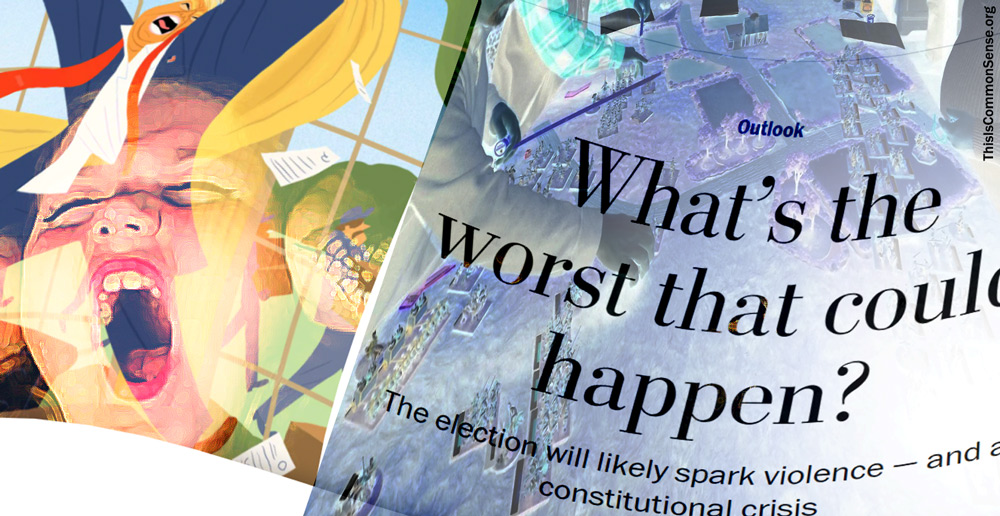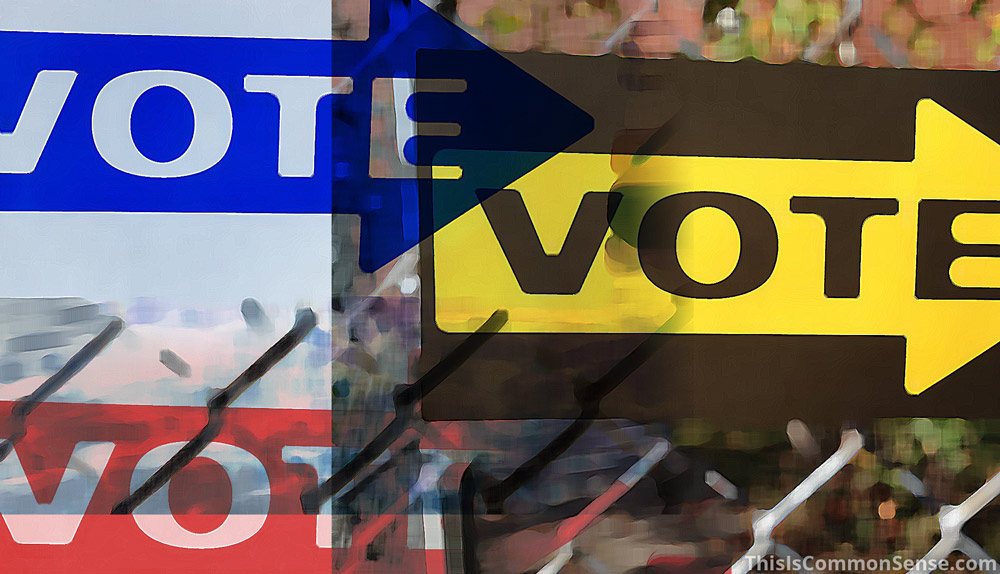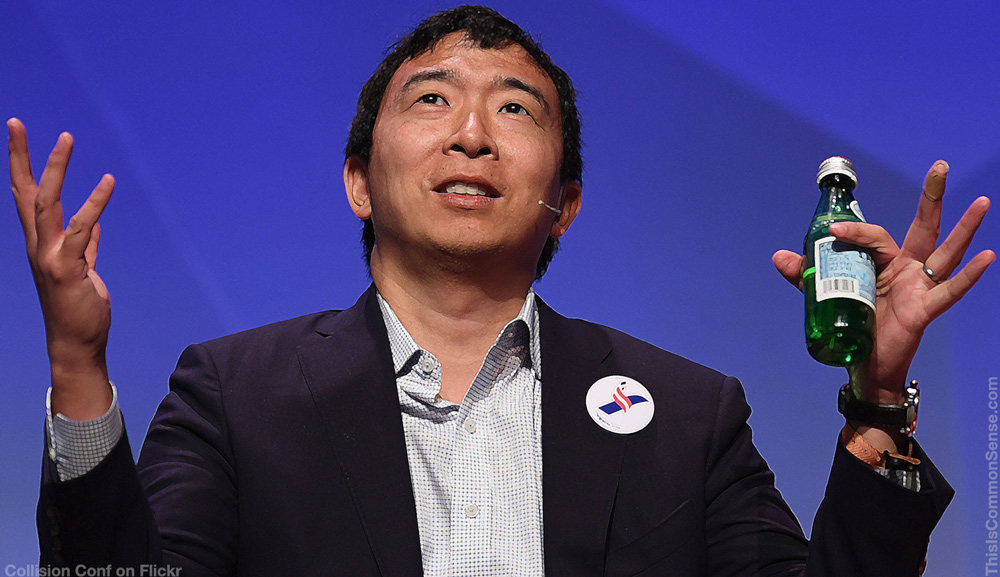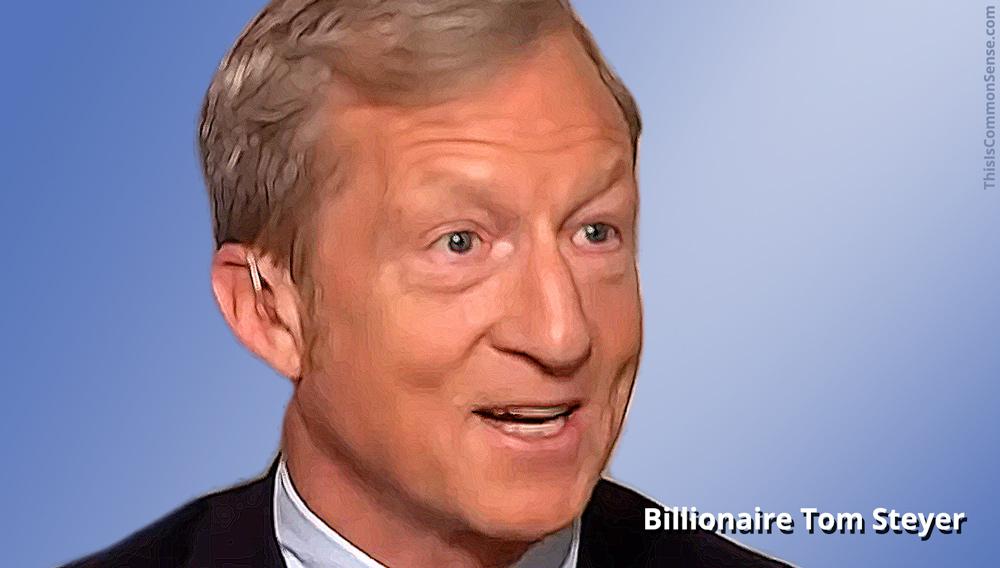“What’s the worst that could happen?”
That question, splashed across the lead opinion offering in Sunday’s Outlook section of The Washington Post, was answered by the sub-heading: “The election will likely spark violence — and a constitutional crisis.”
Happy Labor Day!
Rosa Brooks, a Georgetown University law professor and co-founder of the Transition Integrity Project, authored the commentary about a group of political insiders — “some of the most accomplished Republicans, Democrats, civil servants, media experts, pollsters and strategists around” — she assembled for “a series of war games” about “a range of election and transition scenarios.”
The group “explored” four different simulations: “a narrow Biden win; a big Biden win …; a Trump win with an electoral college lead but a large popular-vote loss, as in 2016; and finally, a period of extended uncertainty” as the country witnessed following the 2000 election.*
“Over and over, Team Biden urged calm, national unity and a fair vote count,” explained Brooks, “while Team Trump issued barely disguised calls for violence and intimidation against ballot-counting officials and Biden electors.”
Team Biden participants included John Podesta, Hillary Clinton’s 2016 campaign chair; Donna Brazile, Al Gore’s 2000 presidential the campaign chair; and former Michigan Gov. Jennifer Granholm.
“Team Biden repeatedly called for peaceful protests, while Team Trump encouraged provocateurs to incite violence,” she added, “then used the resulting chaos to justify sending federalized Guard units or active-duty military personnel into American cities to ‘restore order,’ leading to still more violence.”
“In each scenario, Team Trump — the players assigned to simulate the Trump campaign and its elected and appointed allies — was ruthless and unconstrained right out of the gate,” informed the professor.
Wait … who were these Team Trump “players”?
Conservative Bill Kristol, a longtime #NeverTrumper and “one of President Trump’s most vocal opponents,” was one. Another was former RNC chairman Michael Steele, who has not only endorsed Biden, but serves as a senior advisor to The Lincoln Project, now spending millions on attack ads against the president.
Shamefully unfair and intellectually dishonest by Professor Brooks — and the ‘dying in partisan darkness’ Washington Post.
But here’s the rest of the story …
Even with Bidenites played as angels and Trumpians as devils, both Biden victory scenarios nonetheless resulted in peace by Inauguration Day.
Not so for a Trump win … which “the Left” is not projected to peacefully accept.
This is Common Sense. I’m Paul Jacob.
* Obviously not considered was Trump winning a solid majority of the vote. Not likely according to today’s polls, but if polls had been accurate in 2016, Trump wouldn’t be president.
—
See all recent commentary
(simplified and organized)










